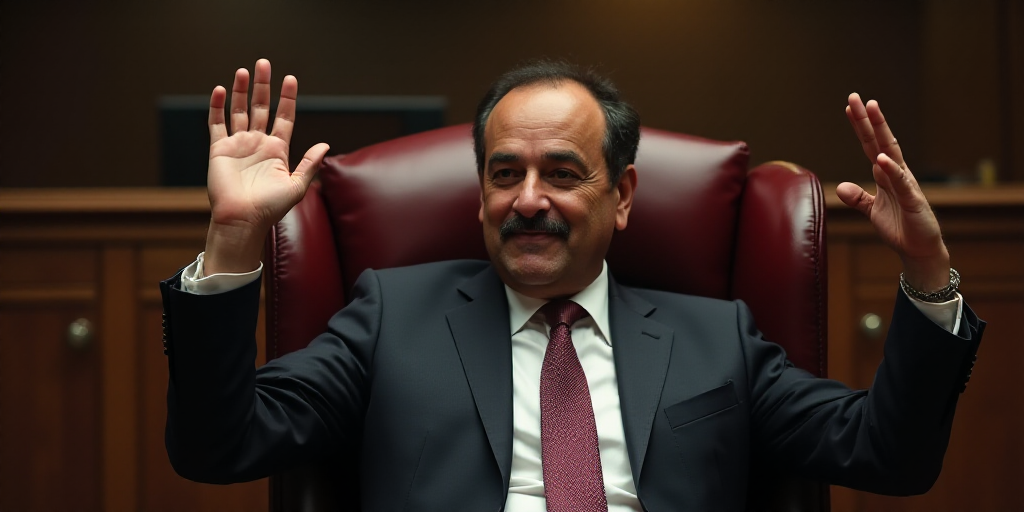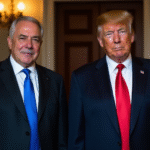Background on the United Nations and its Relevance
The United Nations (UN) marks 80 years as a pivotal platform for international diplomacy, though it faces the challenge of reforming and adapting to the new geopolitical balance, according to internationalists.
UN’s Achievements and Current Challenges
Pía Taracena Gout, an international analyst, highlights that the UN has successfully fulfilled its primary mission of preventing another world war. However, structural challenges necessitate urgent reform, particularly in the Security Council and its veto system.
“The UN has served its main objective of preventing a world war so far, though some heads of state may not be on the same page. It depends largely on the capacity and willingness of all nation-states to uphold their commitments by accepting the parameters set forth by the UN for optimal functioning,” Taracena opines, also an academic at the Universidad Iberoamericana.
She emphasizes that, despite criticisms, “without this multilateral space where all can voice their views, the world would be much more chaotic.” She points out that apart from conflict resolution, the UN plays a central role in international cooperation through institutions like the General Assembly, ECOSOC, or UNESCO, which implement support programs for vulnerable populations.
Need for Modernization and Greater Representation
Mónica Laborda Sánchez, another internationalist, stresses that the UN, established in 1945, requires updating to address current challenges and provide greater representation to emerging powers like Brazil, India, or Mexico—especially in the Security Council, whose composition and veto system have impeded solutions in crises such as Gaza and Ukraine.
“It’s not about saying that the UN doesn’t serve a purpose; in 80 years, it has achieved great things. However, it’s crucial to adjust it to today’s times and geopolitical reality,” Laborda, a professor at the Universidad Panamericana, asserts.
Current International Agenda
Taracena pointed out that regarding Gaza, there is an increasingly broad consensus that it constitutes genocide, which has isolated Israel and the United States. Simultaneously, she noted that Russia’s invasion of Ukraine remains a central topic in global diplomacy.
Missed Opportunities: Mexico’s Absence from the UN General Assembly
Both experts expressed disappointment over President Claudia Sheinbaum’s absence from the 80th UN General Assembly. Laborda described it as “a significant void” at a time when Mexico could have projected greater international leadership. “The fact that we are not present at the head-of-state level signifies a massive void; it’s an opportunity we’re missing, signaling that Mexico doesn’t care about the world,” she explained.
Importance of New Voices and Female Leadership
Both Taracena and Laborda emphasized the necessity for the UN to embrace new voices and supported the possibility of a female secretary-general from Latin America, such as former Chilean president Michelle Bachelet.






